Project Management Business Fundamentals Report - Construction
VerifiedAdded on 2022/11/18
|5
|796
|460
Report
AI Summary
This report delves into project management fundamentals, examining the business lifecycle and the pivotal role of a Project Management Office (PMO). Part A discusses essential business basics, including strategic management, accounting, and operational skills, highlighting the importance of these skills in a project's success. Part B focuses on the PMO's function, particularly within a construction organization, emphasizing governance, expert support, performance management, and supplier management. The report details key PMO responsibilities such as schedule development, quality management, communications management, governance, and project control. It underscores the PMO's critical role in providing technical advice, ensuring project milestones are met, maintaining quality standards, facilitating effective communication, and supporting informed decision-making. The report also addresses supplier management and project control, ensuring projects are delivered on time and within budget. The PMO is responsible for collecting project data, performing earned value calculations, and providing reports to the project manager for necessary actions. The report references key project management texts to support its findings.
1 out of 5
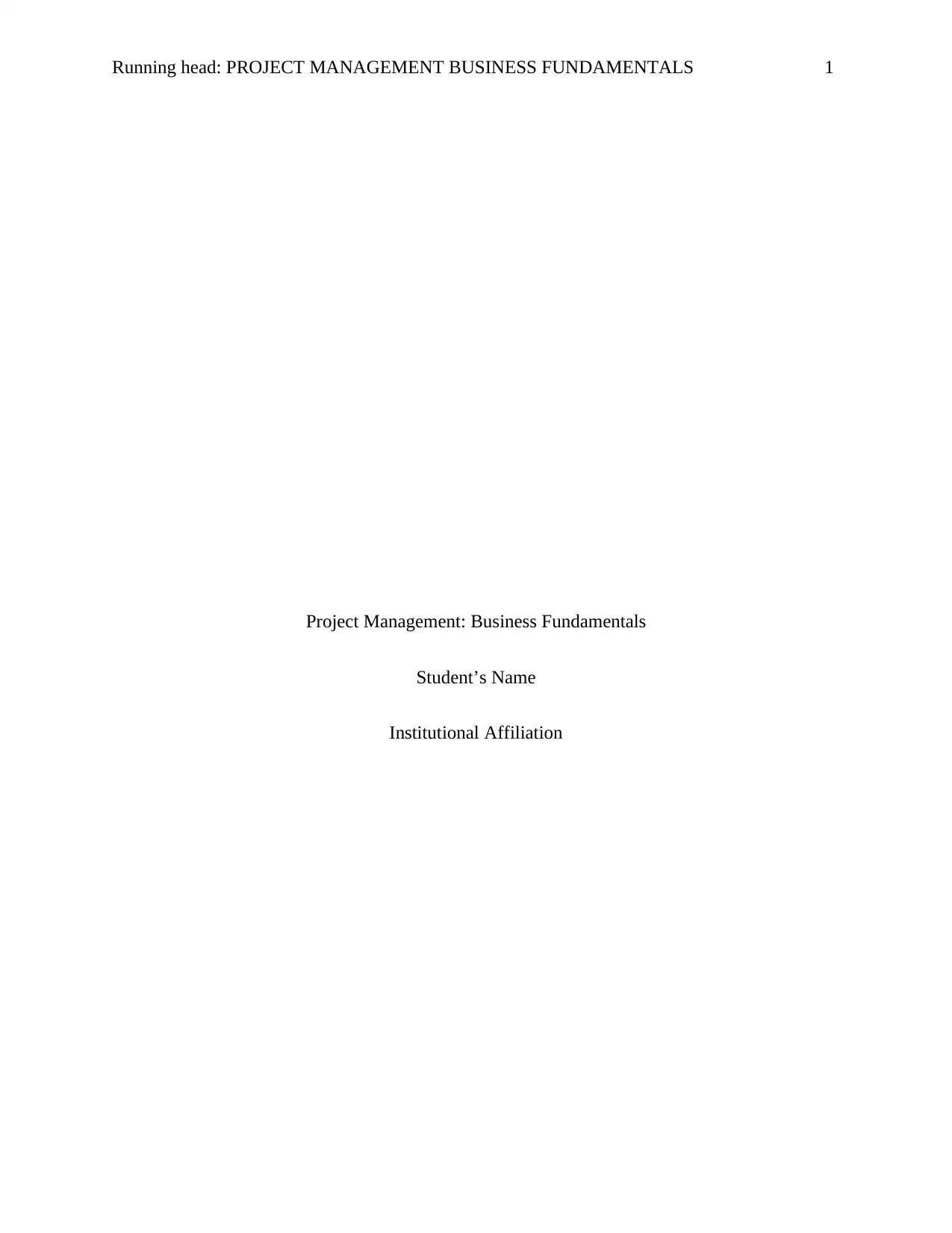
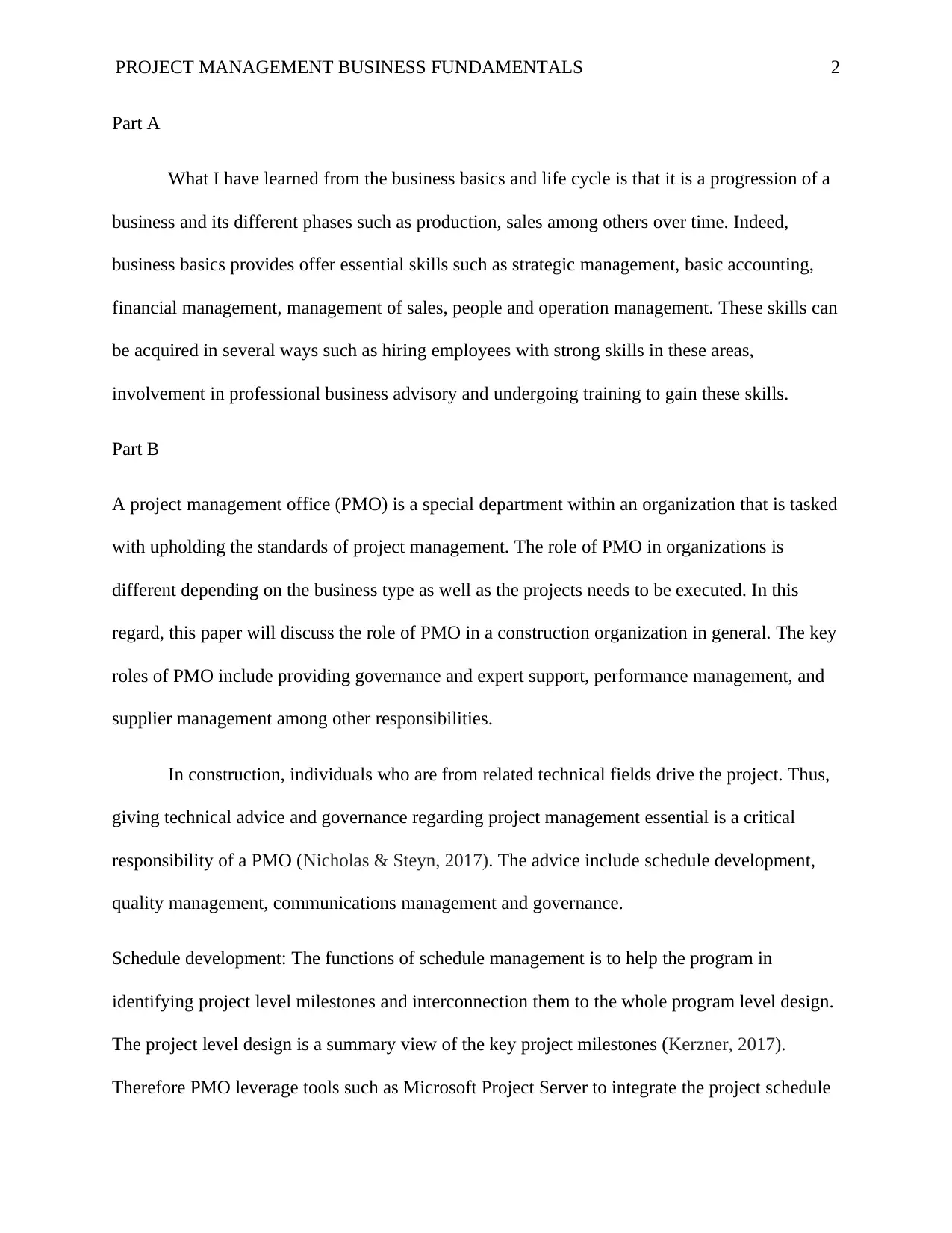
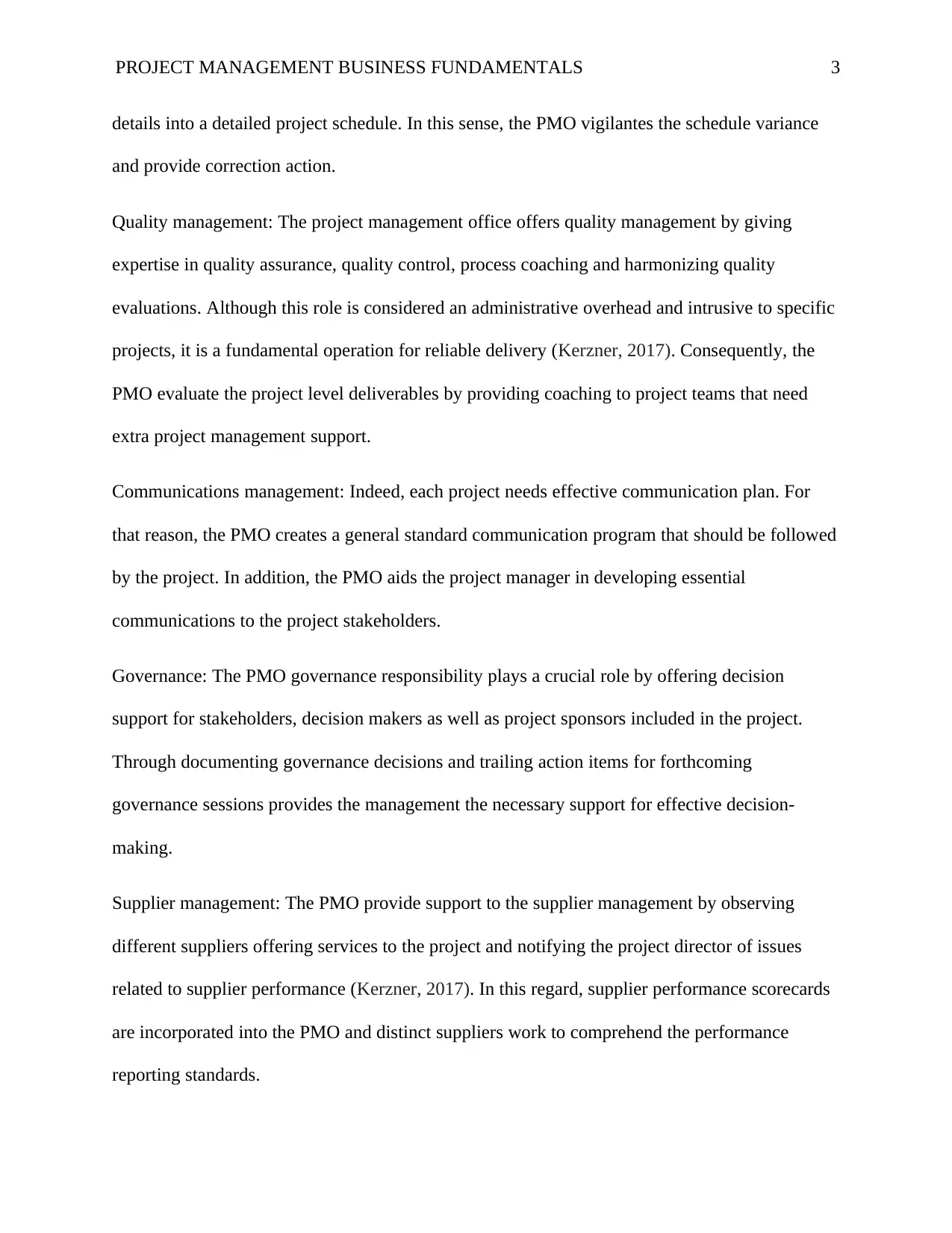

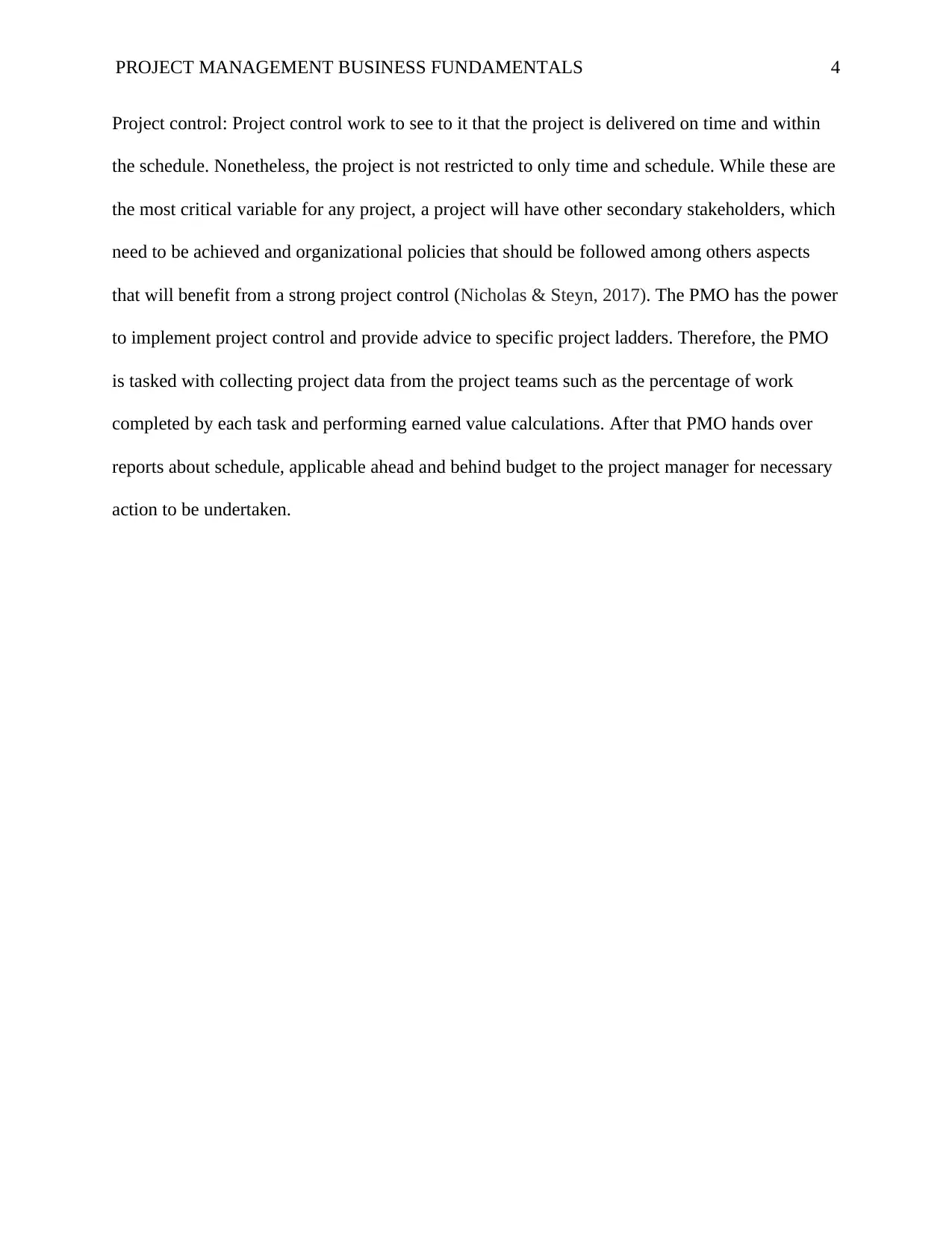
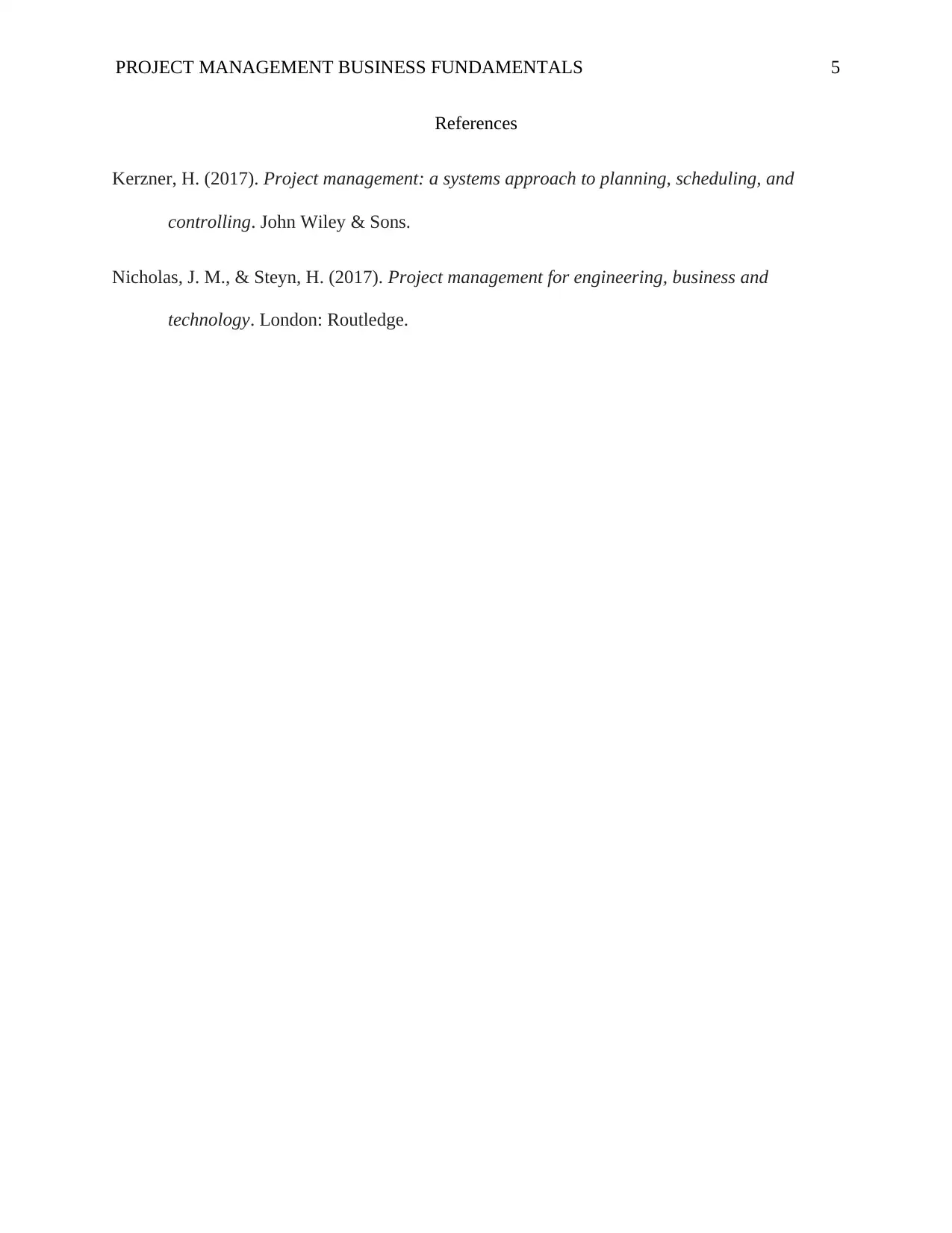




![[object Object]](/_next/static/media/star-bottom.7253800d.svg)